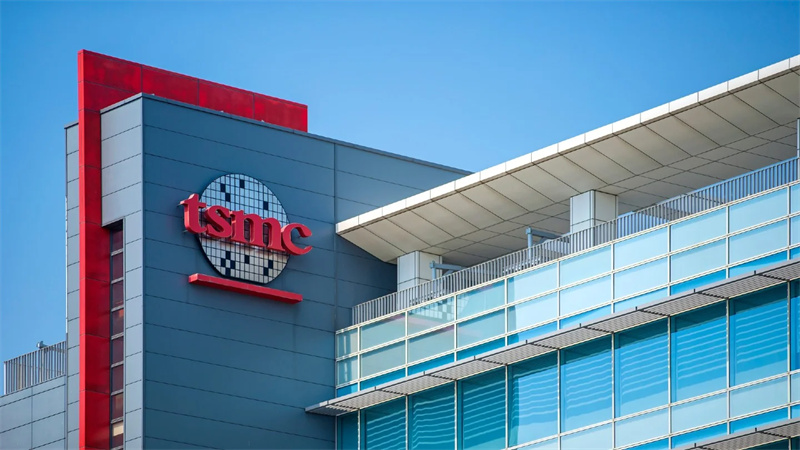Taiwan Semiconductor Manufacturing Company (TSMC) is accelerating its U.S. expansion efforts after overcoming initial challenges in building its Arizona fabs. The company's first module at Fab 21 took nearly five years to complete due to labor issues, cost overruns, and cultural barriers. However, after navigating these hurdles, TSMC plans to construct future U.S. facilities at a pace closer to its standard two-year timeline in Taiwan. The company is set to begin construction on its third Arizona fab, Fab 21 module 3, this year, aiming for advanced 2nm production by 2029.
Despite this aggressive expansion, former Intel CEO Pat Gelsinger has voiced concerns about the impact of such investments on U.S. semiconductor leadership. He argues that without research and development (R&D) in the U.S., true leadership in the sector remains elusive. TSMC has confirmed that its core R&D operations will remain in Taiwan, with only process technology development occurring stateside. Gelsinger also acknowledged that tariffs imposed by the Trump administration have incentivized TSMC and other chipmakers to build in the U.S., though the country's long-term dominance in chipmaking remains uncertain.

Meanwhile, TSMC's domestic expansion continues at full speed. The company's Kaohsiung 2nm fab will hold an expansion ceremony in March and start accepting orders in April. Apple is expected to be the first major customer, integrating TSMC's 2nm technology into its A20 chip for the iPhone 18 series, set for release next year. The 2nm node, featuring gate-all-around (GAA) transistor technology, promises better performance and efficiency over the current 3nm process. With additional capacity from TSMC's Baoshan and Kaohsiung fabs, monthly 2nm wafer production is expected to hit 50,000 units by the end of 2025.
The semiconductor industry is poised for strong growth in 2025, driven by sustained AI demand and market recovery. TSMC's dominance in sub-5nm technology and advanced chip packaging has positioned it well, with market analysts projecting the company's global foundry share to reach 37% next year. As competition intensifies, TSMC's ability to balance U.S. expansion with its technological edge in Taiwan will be crucial in shaping the future of global semiconductor manufacturing.
+86 191 9627 2716
+86 181 7379 0595
8:30 a.m. to 5:30 p.m., Monday to Friday
